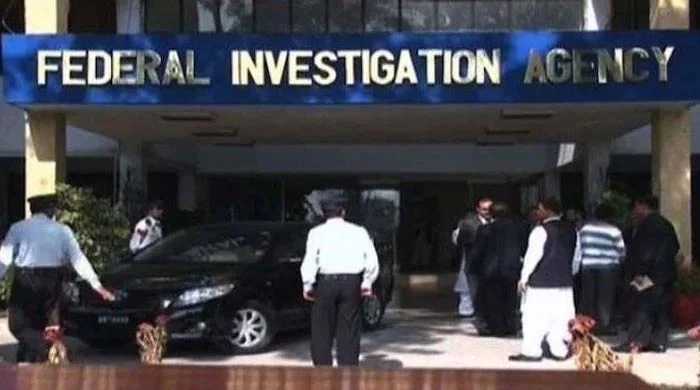The Federal Investigation Agency (FIA) has recently initiated inquiries in four cases of mega corruption linked to several banks for opening LCs at a US dollar rate higher than what it was in the interbank at that time. According to the reports, eight banks minted over 65 billion only in this fashion. Meanwhile, the FIA has also kicked off an inquiry into alleged embezzlement of Rs32 billion in the purchase of land for M-6 motorway by the concerned district administration along with looking into an alleged corruption scam relating to the relief goods meant for distribution among the victims of the superfloods that ruined the most parts of the country during the monsoon season last year. Similarly, the agency is currently investigating another embezzlement of 1.8 million bags of flour in the ‘Muft Aata Scheme’ in the same period. Interestingly, the agency was at sleep during all that time until Senator Saifullah Abro pointed out those corruption cases and advised the watchdog to digout facts about those scams.
Corruption is the longstanding problem of Pakistani society, that distorts economic decision making process, deters local and foreign investment, undermines competitiveness, slows economic growth and finally ends up in persistent depletion and under development of the country. Historically, Pakistan has been struck into multiple civic, social and governance issues that not only marred the Pakistani society but also collapsed the entire system of the country. Besides other political and administrative ailments, institutional corruption has grown many folds over the past decades while it became an incurable disease in the current era. Lax anti-corruption laws, bogus institutional procedures and absence of accountability further grounded this social curse in the entire setup of the government at the centre, provincial as well as the local level. Meanwhile anti-graft watchdogs including the National Accountability Bureau (NAB), the Federal Investigation Agency (FIA), Police and National Ombudsman Office further added to the public complaints because they do not move an inch in grave cases of murder, fraud, and theft without taking bribe or bounty from the victims as well as from the accused, which made those institutions null and void. Thus bureaucratic malignancy, nepotism and confederateship among the ranks of Police, bureaucracy, judiciary and overall society became a real impediment in the path of an all out campaign for accountability and prosecution of corrupt government officials and culprits involved in the crime.
In the current scenario, other than the flourishing evil of corruption in the government departments, the private businesses, entities and banking consortiums had shaped into mafias/cartels, and blatantly involved in illegal profiteering, and cartelization by taking advantage of lex regulations, malpractices and corruption of the government officials. There had been persistent reports about private banks’ involvement in hoarding of foreign currencies, particularly US dollar and manipulation of currency exchange rates over the past year that not only caused billions of rupees loss to national exchequer but earned a bad name for the country. Meanwhile, oil, sugar, and construction mafia, along with imports and exports businesses are the conglomerates that have caused unprecedented economic and monetary loss to the country in the past years and those blockchains are also ready to repeat the history if the government did not act proactively.
Historically, there had been recurrent calls from the public and the civil society demanding legal and economic reforms to control the evil of corruption and multiple attempts had been made by the successive past governments to curb dishonesty of public office holders and adulteration of business cartels. Multiple new laws had been in place and several new anti-graft institutions were founded to combat corruption but that no single endeavor could prove its worth so far and that curse flourished unhinderedly throughout in the past. In fact, there is no scarcity of legal codes and regulating bodies, but a sense of duty and loyalty to the nation does not exist in the politicians, bureaucrats and other public office holders who receive hefty salaries, bulk of allowances and incentives on a monthly basis but fail to undertake their official obligations as per the constitution. Due to these reasons, the country has witnessed degradation in all walks of life ranging from agriculture to industry, education to civic developments instead of grasping growth and development in new technologies and innovations to compete in the world. Hence, until and unless each government servant and every citizen could not be liable for its misconduct, no improvement in our national life is less likely to be visualized any time in the future.







